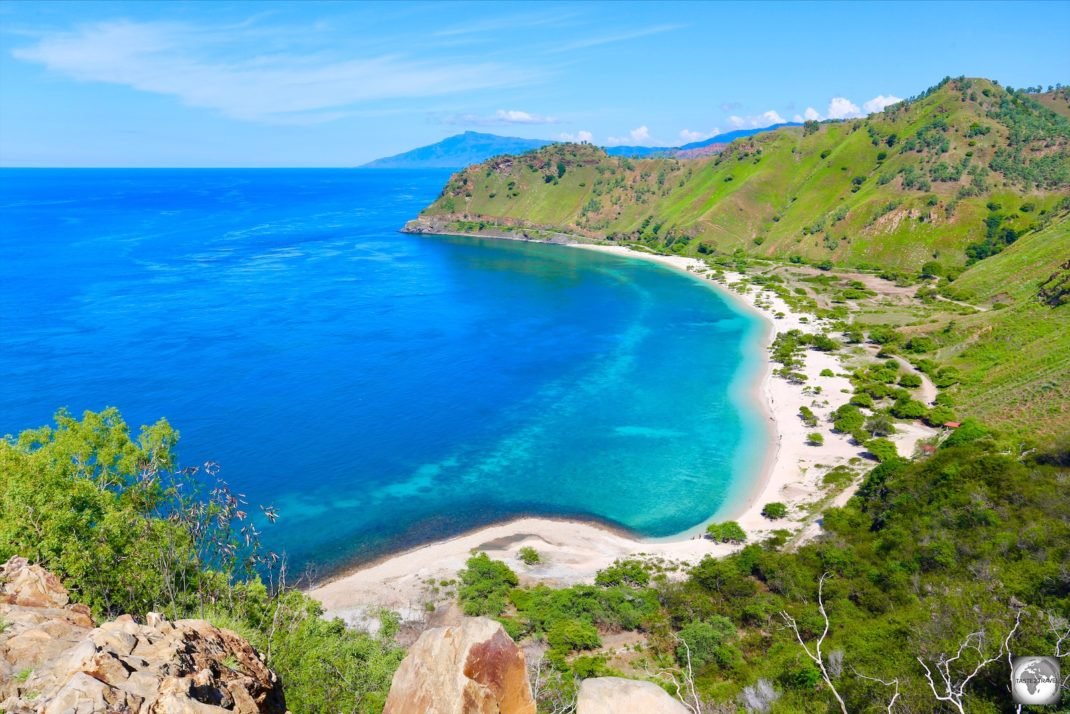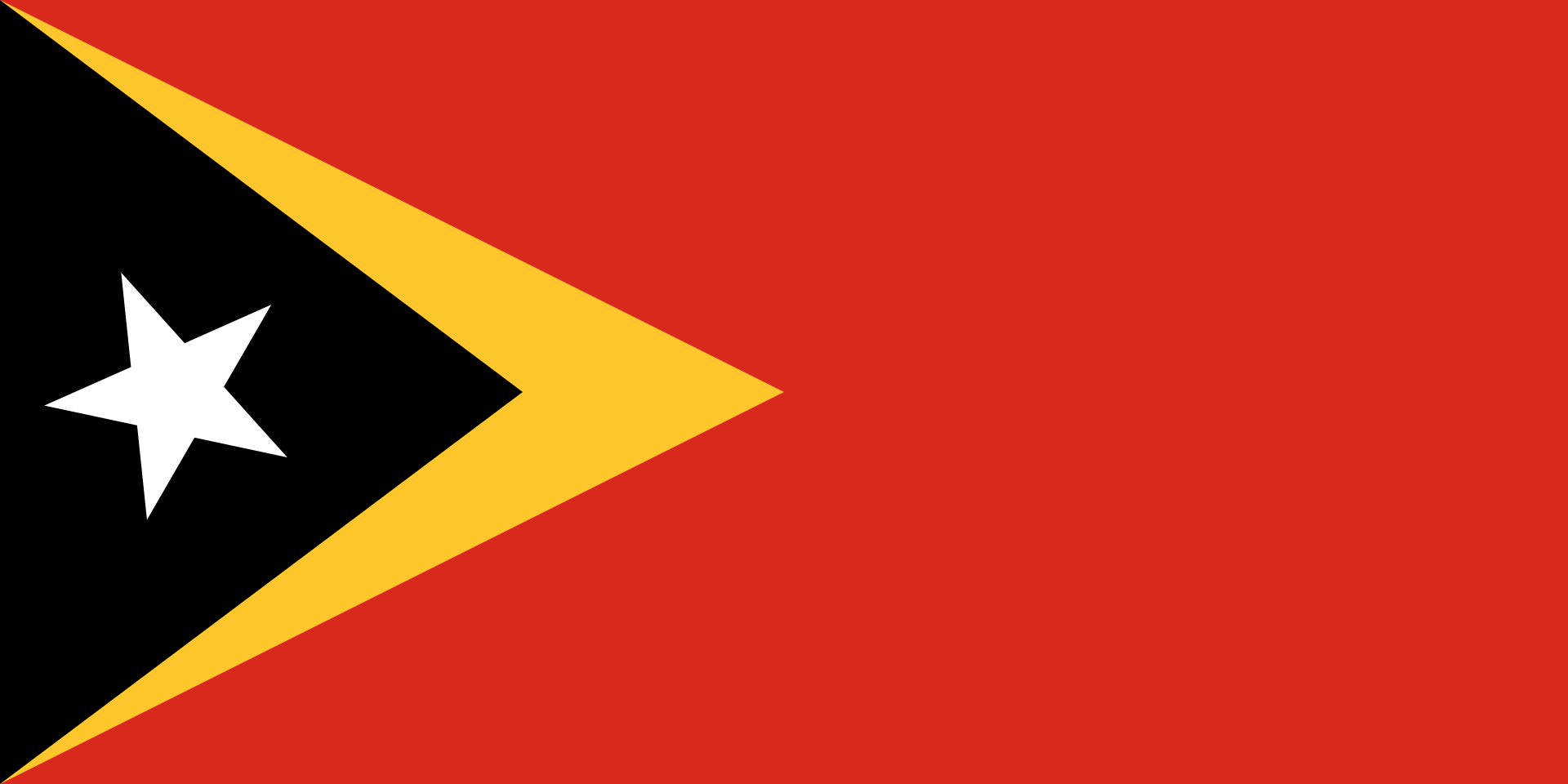
Timor-Leste - 48.52
105
This island ain’t big enough for the both of us
While you would be hard-pressed to call Timor-Leste a success today, in a few decades it very well could be. Timor-Leste, the first country born in the twentieth century and only the fourth youngest country on the planet, is the epitome of a developing country. A rapidly growing economy and ready access to valuable natural resources spell a bright economic future for what is otherwise one of the poorest countries in the region. Additionally, Timor-Leste has the foundations for development. Timor-Leste’s government is committed to democracy and civil liberties. However, Timor-Leste’s path to development is not entirely linear. Timor-Leste and Indonesia, Timor-Leste’s neighbor and former occupier, have only recently repaired relations. Corruption is rampant. The country is believed to lose over one percent of its annual GDP to embezzlement. Corruption poses the single largest obstacle to development for this promising country.
Human Rights - 59
Timor-Leste has fully abolished the death penalty. Police brutality during detention is common and detainees are often beat without reason. The conduct of off-duty police officers was poor and lacked enforcement. Several cases were reported of off-duty police officers killing people without recourse. Civilians also noted obstacles in reporting crimes committed by off-duty police officers. Prison conditions are awful, as prisons were severely overcrowded throughout the year and prisoners lacked adequate access to medical and sanitation facilities as well as potable water. Detainees are often subject to lengthy pretrial detention times. The government allows certain crimes to be prosecuted by “customary justice systems.” These trials were generally mediated by tribal leaders or clan elders and often lacked due process. Despite the fact that the country has very few protections, the Timorese government is not known to surveil its citizens. Homosexuality is legal with no other rights or protections. Abortion is legal to save the woman’s life.
Democracy - 72
The president is directly elected and the prime minister is chosen by parliament. The president has limited powers, primarily only to veto legislation and make certain appointments; the prime minister holds most executive power. Parliament is directly elected but has been in a political crisis since January 2020. The Congress for the Reconstruction of Timor-Leste (CNRT) left the ruling coalition after they failed to pass a budget and formed a new ruling coalition. Subsequently, the Party for the Enhancement of Timorese National Unity (KHUNTO) left the new ruling coalition over their handling of the COVID-19 pandemic. Elections are generally free and fair but outside observers noted issues administering elections in rural parts of the country. Timor-Leste has a strong multi-party system. Campaign finance laws favor large parties but small parties regularly win seats regardless.
Freedom - 61
Local news outlets are heavily reliant on government advertising and the government is known to pull advertising revenue from dissenting media outlets. In early 2020 the government proposed the criminalization of defamation. The bill was described as “not a priority” for the government and remained on the floor. Demonstrations “questioning constitutional order” are prohibited. This law has broad provisions and is arbitrarily enforced. Timor-Leste does not have widely enforced drug laws. Timor-Leste has a total ban on all guns.
Economy - 23
Health - 16
Timor-Leste has a life expectancy of 70 years and an infant mortality rate of 4.2%. 3.8% of Timorese are obese and 30% are malnourished. Healthcare is free for all TImorese citizens, but almost all healthcare facilities are in Dili. This means that much of the country’s population lacks ready access to modern medicine. Only one in four Timorese have access to clean, running water. As a result, Timor-Leste has major problems with cholera and bacterial diahrrea.
Corruption - 1
Timor-Leste is estimated to lose upwards of 1.5% of its GDP annually to embezzlement. Judicial verdicts are bought and sold. Police extortion is rampant throughout the country. Public services must be bribed into action, where they are available in the first place. Land rights are not adequately protected. Extortion at customs and Timor-Leste’s border are rampant. Public contracts are impossible to obtain without corruption.
Competency - 28
The government is failing to provide for the people, as most of the population lacks access to modern medicine or running water. Disease remains rampant in the country. Timor-Leste remains racked by poverty.
Future - 83
Timor-Leste is a very young country, leaving significant room for growth. It is also home to one of the fastest-growing economies on the planet. Timorese democracy is strong and while the country is highly corrupt the government seems ostensibly committed to democracy.
Actions Abroad - 70
Indonesia and Timor-Leste have repaired relations and the two countries are now on good terms. Timor-Leste is generally isolationist.
22.6% of Timorese live below the international poverty line and 41.8% live below the national poverty line. 4.7% of Timorese are unemployed. Timor-Leste has a low economic disparity. The minimum wage in Timor-Leste is $115 per month. While healthcare is provided free to all Timorese, there are very few healthcare facilities outside of Dili and much of the population lacks access to modern medicine. The Timorese economy grew 31.5% in 2020 and 18.7% in 2019.
